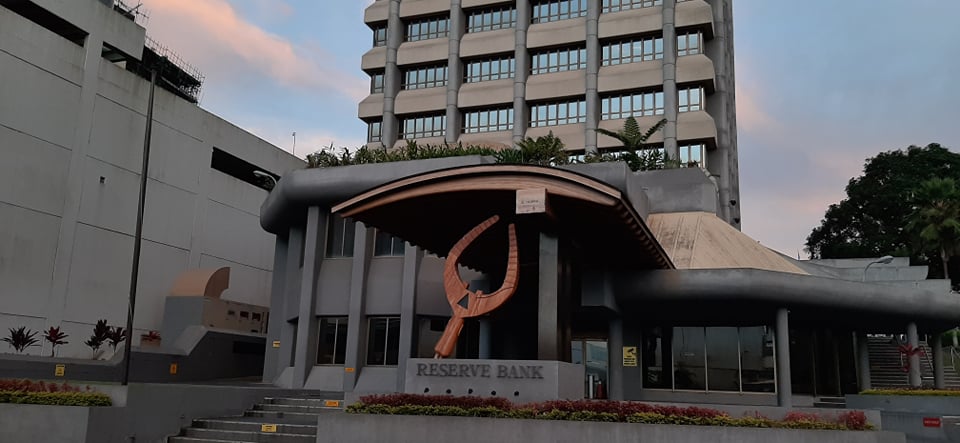
The Fijian economy is expected to contract by 19% while it was initially expected to contract by 21.7%.
Governor of the Reserve Bank of Fiji, Ariff Ali highlighted this during the Fiji Chamber of Commerce and Industry Seminar on Business Outlook – 2021 and Beyond, Challenges of Working with COVID-19, where he says that while 19% is still better than 21.7%, it is still the largest contraction in Fijian history.
He says this is largely due to the agriculture sector, with the exclusion of sugar, and the construction sector which is doing better than expected.
Ali has also highlighted that according to the World Bank, personal remittances globally is expected to decline in 2020. However, personal remittances to Fiji is up by 7.4% in the first 10 months of 2020 is expected to reach $600 million this year. He says for the first time in a very long time, tourism will not be the largest foreign exchange earner.
Ali further says that despite not getting $2.1 billion in tourism earnings and $200 million from Fiji Airways, Fiji’s foreign reserves from the beginning of the second quarter of the financial year is still holding strong at $2.2 billion.

He says this is because the decline in the economy has reduced imports. Ali adds that other reasons are that there are significant savings because fuel prices have gone down and because the government is smart in it’s borrowing as borrowing externally is cheaper.
The Governor adds that borrowing domestically costs government 4% to 5% interest rate while borrowing externally would cost about 1% to 2%.
Ali has also highlighted that inflation has been in negative territory for the past year or so because fuel and commodity prices are low and there has been a reduction in the duty of about 2,000 items.
He predicts this will be the same for the next 12 months.
Ali says they are currently projecting that if borders open and Fiji gets at least 50% of visitor arrivals we got in 2019, the economy will grow by almost 8% but if the country receives the same number of visitors this year which is close to 150,000, then the economy will grow by 2%.
He adds that Fiji’s major source markets are Australia and New Zealand and if and when borders open, there is a good chance that visitor arrivals will skyrocket.
Stay tuned for the latest news on our radio stations

